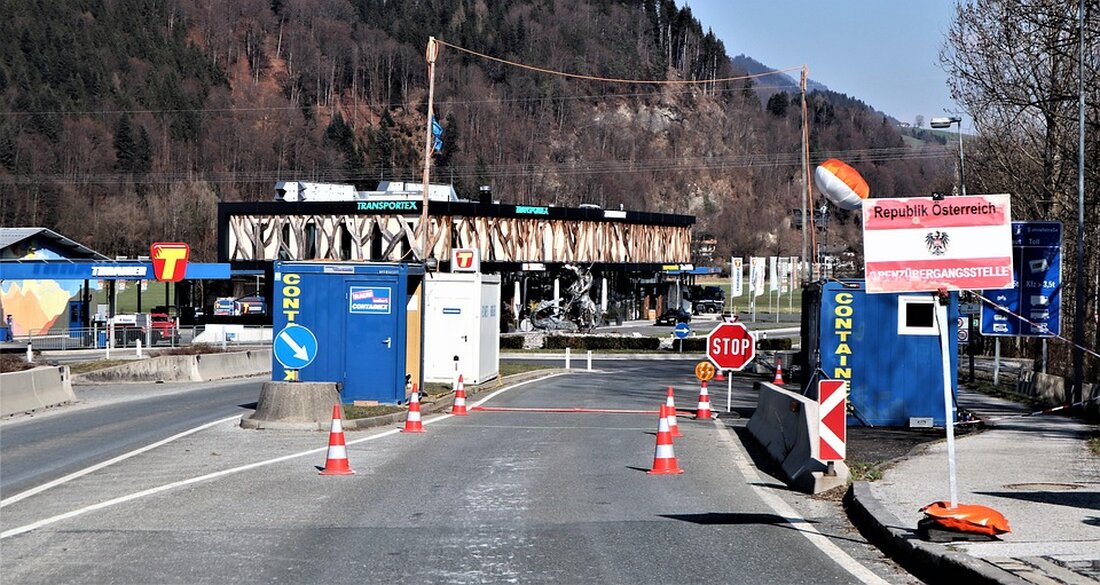Border controls tightened: What travelers need to know now!
Find out which new border controls will be important for holidaymakers in Germany and neighboring countries from 2024. Plan trips better!

Border controls tightened: What travelers need to know now!
Since September 16, 2024, stricter controls have been in effect again at the German national borders. These measures were introduced in response to the high number of unauthorized entries under the new Federal Interior Minister Alexander Dobrindt (CSU). In Bavaria in particular, the federal police have noticeably intensified their operations, especially on the border with Austria. Fixed checkpoints, such as those at the Saalach Bridge in Freilassing, serve to prevent illegal entries and increase security at the borders.
The controls on the A8 and A93 motorways often lead to traffic jams, especially at peak times. Drivers and train travelers should expect delays on weekends or if there are any suspicious circumstances. Commuters are advised to allow extra time for their journeys as certain border crossings are prone to backlogs, with wait times of 30 minutes or more. In addition to the Bavarian border, controls are also carried out at the borders with France, Luxembourg, Belgium, the Netherlands, Denmark, Switzerland, Poland and the Czech Republic, either on a stationary basis or on a random basis.
Effectiveness of controls
According to the annual balance sheet for 2024 of the Bavarian Border Police, which was presented by Bavaria's Prime Minister Markus Söder and Interior Minister Joachim Herrmann at the Oberaudorf border crossing, the measures have had a remarkable impact. The number of unauthorized entries and re-entries at land and air borders fell to 2,385, a decrease of almost 49% compared to 2023. The number of smuggling cases also fell by almost 61% to 160 offenses.
However, the amount of drugs seized has increased: in 2024, more than 680 kilograms of drugs were confiscated, two thirds of which were marijuana. Interior Minister Herrmann noted that the legalization of cannabis may encourage several people to trade drugs. In this context, the border police also processed 622 cases of property and property crimes and 1,100 cases of weapons and explosives crimes, including numerous cases of document forgery.
Expansion of staff
In order to better meet these challenges, the Bavarian border police will be further expanded. The unit currently has 900 officers, and an increase to 930 officers is planned for March 2024, with the goal of having a total of 1,500 officers by 2028. Söder praised the establishment of this unit since 2018 and emphasized that the decline in illegal migration was a success of the border investigators' deterrent measures. Herrmann added that there is a high risk of arrest and conviction for smugglers, particularly at Bavarian borders.
In addition to the control measures, a valid ID must be presented in the Schengen area. Travelers without valid ID risk being turned away or fined. Children are required to have their own travel document to avoid possible delays. The free movement of people applies both when entering Germany and when leaving Germany, but controls can also lead to delays here.
These new developments and measures show how important it is to protect borders at the moment. This makes it clear that the authorities are striving not only to stop illegal entry, but also to counteract drug trafficking and other illegal activities.

 Suche
Suche
 Mein Konto
Mein Konto